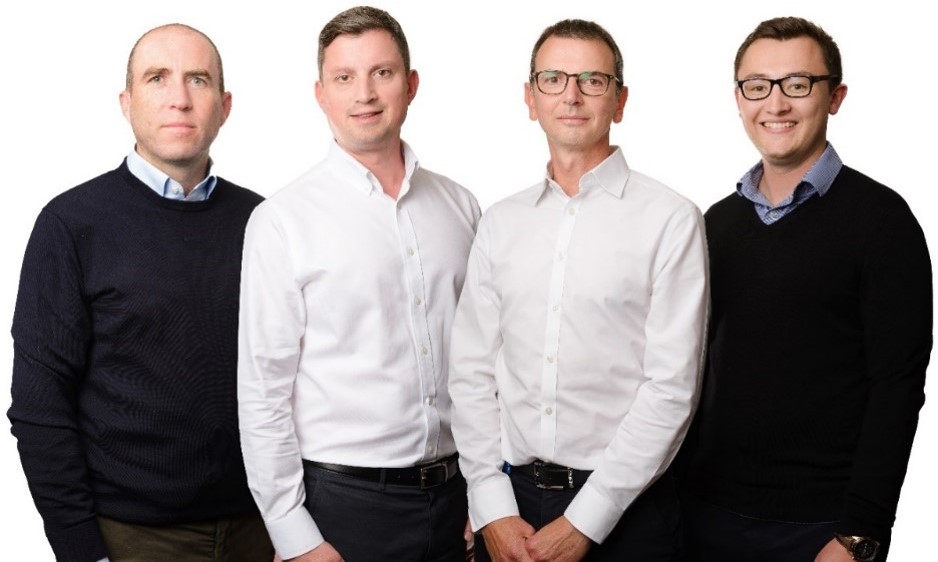
Final Part : Our recommendations
4th August 2023
Over the preceding 5 weeks we have covered the following five areas: why discounts are wide, the IPO Process, Alignment & Structure, Capital Allocation & Corporate Activity and Relevance & Communication. Here we end with our suggested recommendations to address the issues we have raised. Some of these suggestions overlap each section. Importantly, we don’t pretend to have a monopoly on wisdom, and most of all, we’d welcome extensive engagement from all stakeholders.
The IPO Process
- Investors should receive £1 of assets for a £1 investment at IPO. Brokers (plus solicitors, the LSE etc), who play an important and crucial role in the process, should have their costs (typically 2%) paid for by the investment adviser.
- Where portfolios are sold at IPO (as opposed to investment advisers being given cash shells) there should be greater involvement of investors in day 1 pricing (as there is with normal equity IPOs). I.e. the price paid for the assets at IPO should be determined by investors.
- Some consideration should be given to incentivise day 1 shareholders, such as stakes or revenue shares in the management company of the investment adviser. Greater use of subscription shares might also be appropriate.
- Sometimes cash shells are unavoidable where a pipeline of assets is ready to be acquired once the IPO has happened, but in such instances no fees should be charged on uninvested cash. Mitigants or penalties on the investment adviser should be considered if cash is not invested in line with the execution timetable at IPO (e.g. brought-forward / contingent continuation votes).
- Board selection should ensure independence. We worry that Boards chosen after the appointment of the broker and investment adviser result in those Boards being too close to the investment adviser.
- More care needs to be taken in the book build process with greater consideration on how this might impact secondary market trading.
- All IPOs should be accompanied with rock solid longer-term protections in the form of continuation votes or return of capital provisions.
Alignment & Structure
- The investment adviser should be paid on market cap. Alternatively, lower base fees with remuneration that creates greater alignment with shareholders (e.g. reward for NAV per share accretion via LTIPs) should be considered.
- Directors’ fees should have some element of shareholder alignment – e.g. 50% of fees paid in shares, and / or LTIPs for Directors based on NAV per share accretion. We also like to see Directors with ‘skin in the game’ and believe this should be encouraged.
- The investment trust is a fantastic vehicle to access less-liquid assets, but it is not perfect, and the IPO process must ensure that structural fallibilities are addressed.
Capital Allocation & Corporate Activity
- Best practice guidelines concerning buybacks should be formulated, placing the onus on the Board to justify why buybacks are not taking place (and, if illiquid assets are held, why they are not being sold to prove the NAV and buy back shares).
- If discounts persist for long enough, mechanisms should exist to guarantee return of capital to shareholders (redemption facilities, tenders, continuation votes, liquidation etc). Whilst all new IPOs should come with these provisions, we also think existing trusts should incorporate them as a matter of course.
- Boards and brokers should be more open to mergers and consolidation as a route to addressing persistent discounts and issues around relevance.
Relevance & Communication
- The Boards of trusts which trade on persistently wide discounts must ask themselves whether the Company remains relevant. This is particularly true of trusts that are sub-scale and have poor liquidity. Provisions like those discussed above need to be in place to guard against irrelevance.
- Transparency and disclosure need to be improved in some areas, particularly in the case of less mature, alternative assets.
- All shareholders must be motivated to engage, and for those currently at risk of being disenfranchised (e.g. retail investors) mechanisms must be sought to engage them.
- We urge brokers to enable communication among shareholders and encourage more creative destruction in their dialogues with Boards.
- Finally, all stakeholders who care about the investment trust sector should engage with industry bodies and Boards on the ‘OCF issue’: the peculiar (in our view) requirement to disclose investment trusts’ KID ongoing costs in aggregated portfolio OCFs. In short, investment companies are listed, and share prices discount fees that are levied at the NAV-level. Disclosure of fees as a percentage of NAV, when investors buy and sell at the share price, is illogical and unfair, and has created devastating unintended consequences.
These recommendations might be construed by some as being overly critical. This is not our intention. At Hawksmoor Fund Managers we care deeply about the investment trust sector. Closed-ended funds have always formed an important part of our portfolios and have been a major driver of our long-term outperformance. Whilst we accept that some of the sectors recent travails are cyclical in nature, we think there are also deeper more structural issues at play. We hope that our recent series of articles, alongside engagement from all other stakeholders, will contribute towards ensuring the sector can grow and flourish in the future. We will soon be collating our investment trust series into a single document – do get in touch if you’d like a copy.
From left to right: Ben Mackie, Ben Conway, Daniel Lockyer, Dan Cartridge

For professional advisers only. This article is issued by Hawksmoor Fund Managers which is a trading name of Hawksmoor Investment Management (“Hawksmoor”). Hawksmoor is authorised and regulated by the Financial Conduct Authority. Hawksmoor’s registered office is 2nd Floor Stratus House, Emperor Way, Exeter Business Park, Exeter, Devon EX1 3QS. Company Number: 6307442. This document does not constitute an offer or invitation to any person, nor should its content be interpreted as investment or tax advice for which you should consult your financial adviser and/or accountant. The information and opinions it contains have been compiled or arrived at from sources believed to be reliable at the time and are given in good faith, but no representation is made as to their accuracy, completeness or correctness. Any opinion expressed in this document, whether in general or both on the performance of individual securities and in a wider economic context, represents the views of Hawksmoor at the time of preparation and may be subject to change. Past performance is not a guide to future performance. The value of an investment and any income from it can fall as well as rise as a result of market and currency fluctuations. You may not get back the amount you originally invested. FPC1208.
